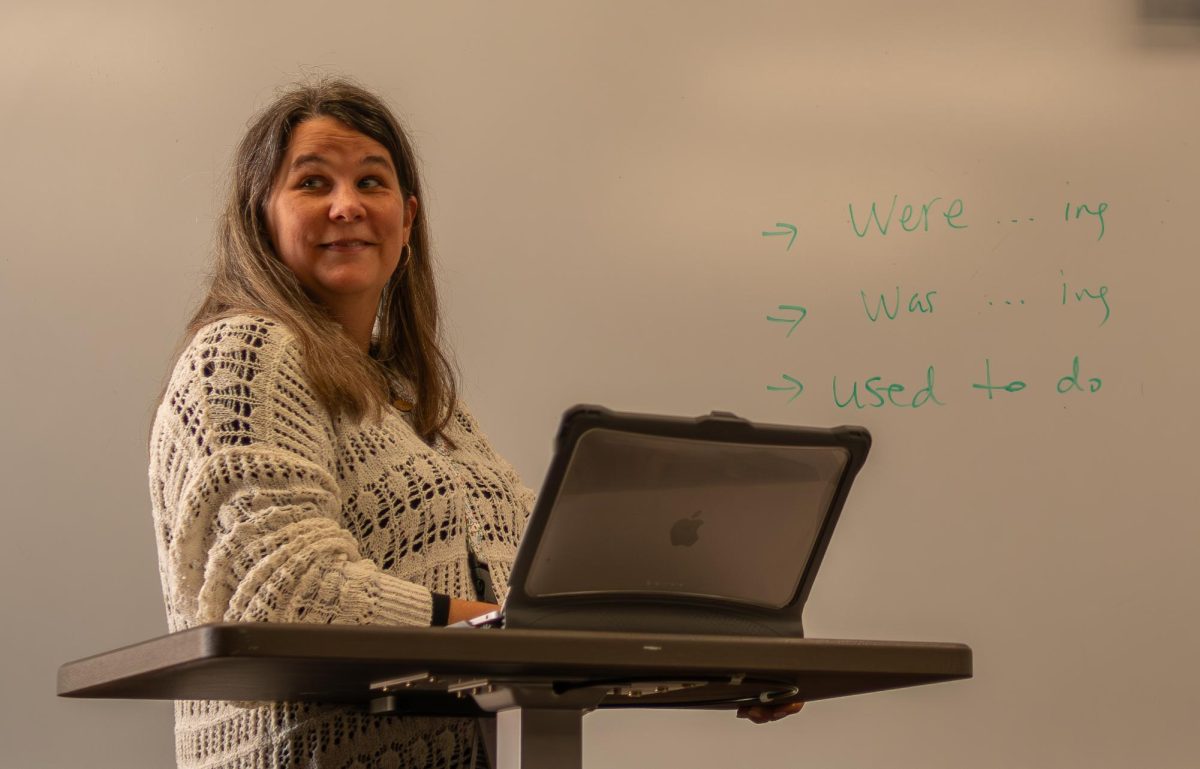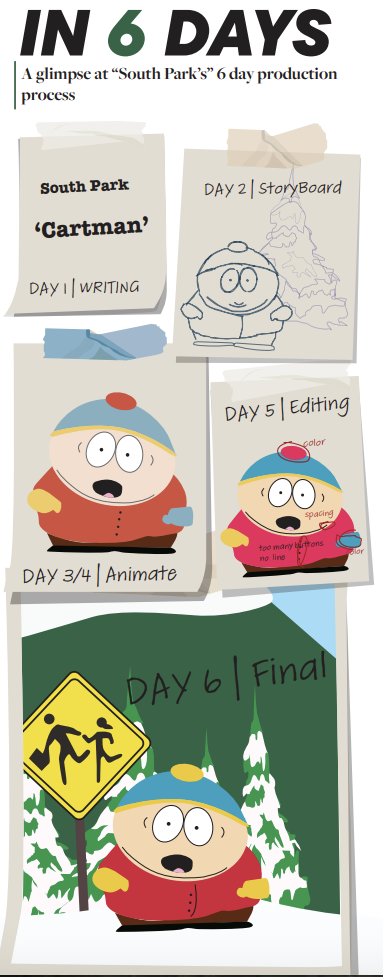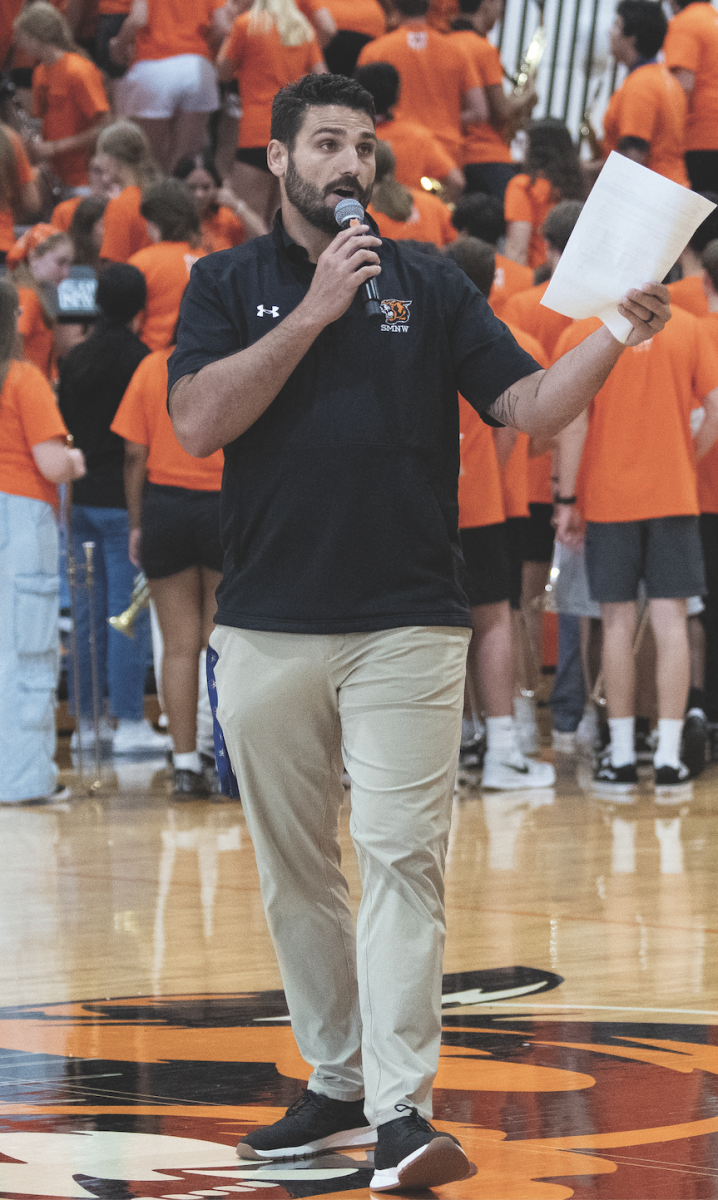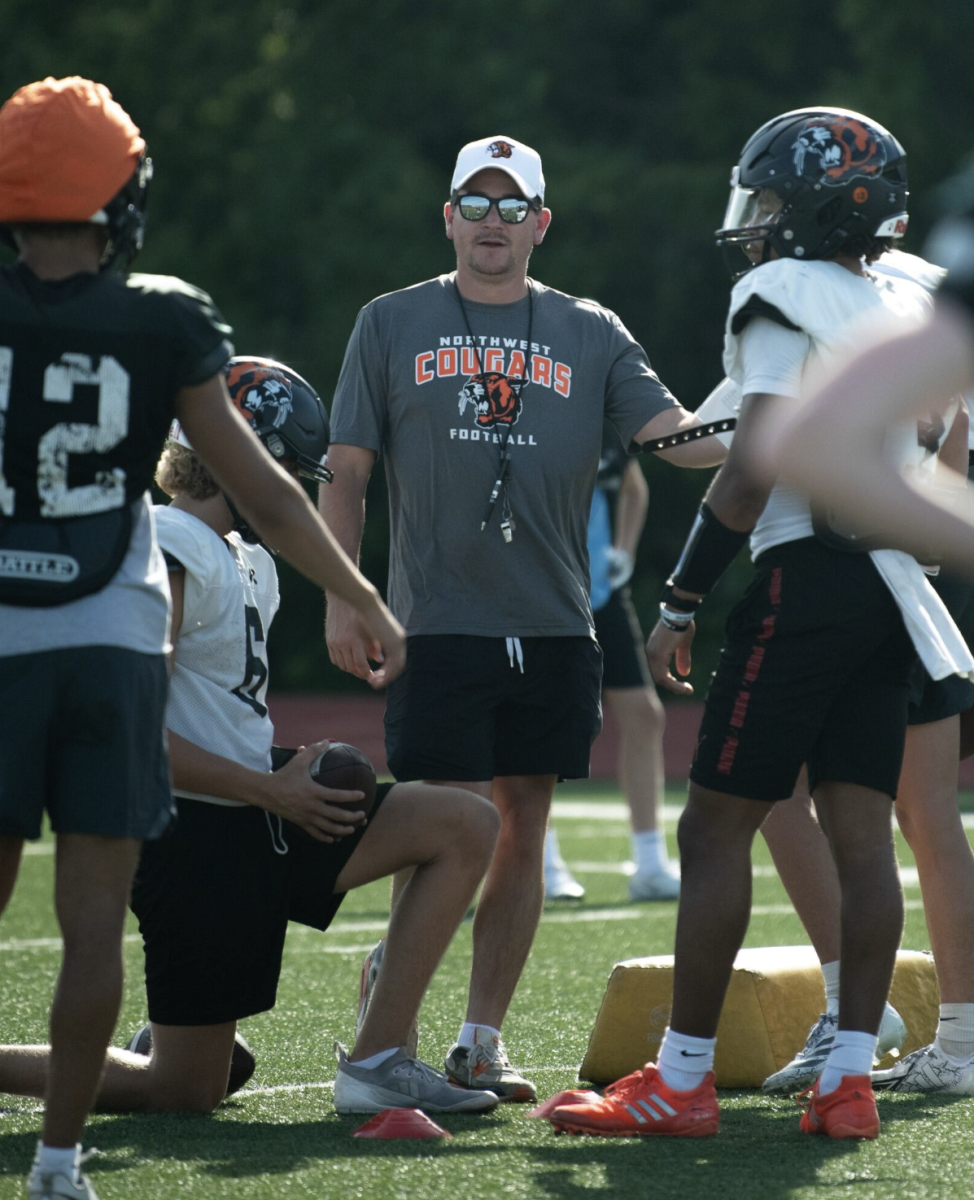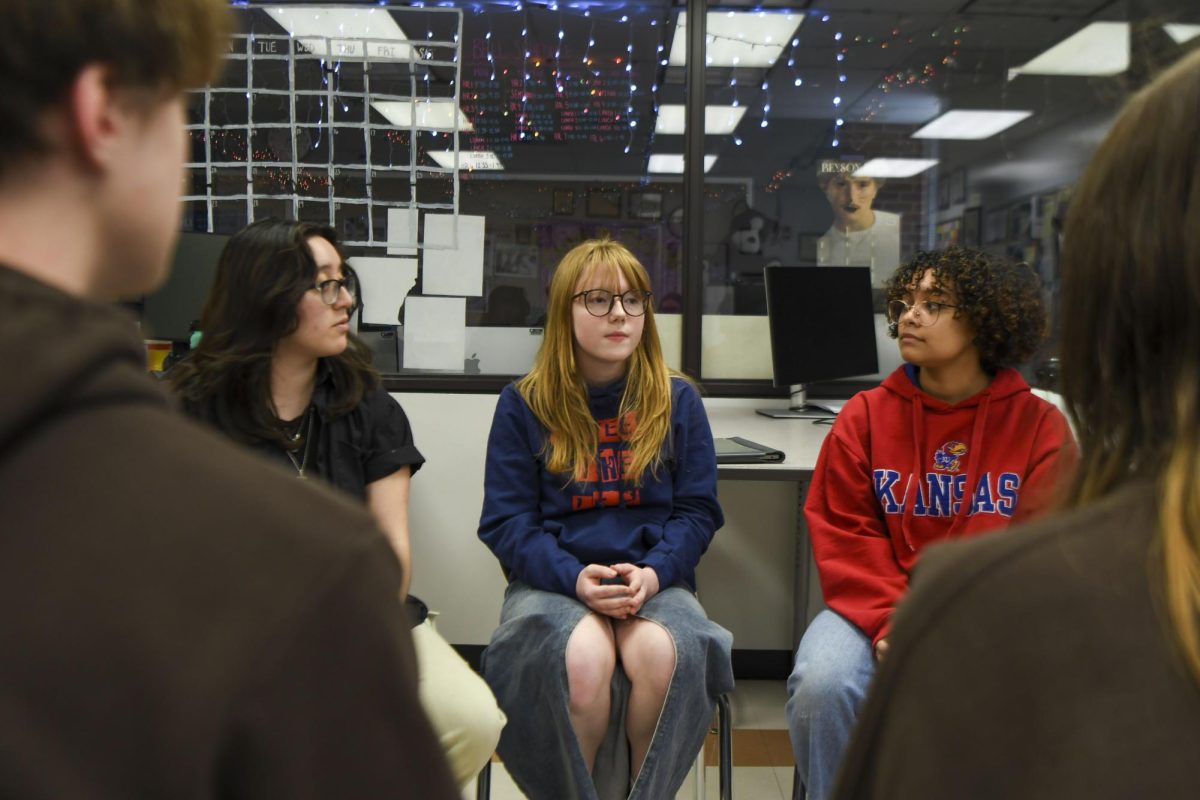Socratic seminars are like the pageant scene from “Miss Congeniality”, despite the sashes, hair mousse and high heels.
It doesn’t matter if the book is “A Long Walk To Water”, an analysis of perseverance through the eyes of South Sudanese children, “Julius Caesar,” a conspiracy highlighting ambition or “Where The Crawdad’s Sing,” necessity and violence through a young girl’s perspective. As long as you mention “world peace,” you’ll receive a ten out of ten points in Canvas.
I’ve sat through Overland Park Development meetings, calls with Bank Of America associates over stolen credit information and Thanksgiving dinners where my aunt gives me the play by play of her camera roll.
None have tested my patience quite like hearing sophomores trying to verbally string together complete sentences.
Don’t get me wrong, I’m no Oprah, Socrates or John F. Kennedy. My point is not to say that I’m any better, it’s to say socratic seminars are dumb.
I don’t know if it’s just that we’re too young, not fully developed or taught how to articulate a thoughtful response, but whatever it is, it’s not working.
And the more teachers try to force teenagers in a circle and attempt “critical thinking,” chances are all we’re thinking about are the car keys in our front pocket, the four hours of sleep we got the night before, or what flavor of energy drink we’re craving.
I’m so tired of hearing the same response reiterated 18 times, and, what’s worse is they’re not really saying anything at all.
I can somewhat understand the “piggy backing off of” or “to add onto,” you do the least amount of damage for the most points. It’s still annoying, but everybody has to say it at some point.
What I can’t stand is the people who enjoy socratic seminars, who use them as a chance to make people hear their drab opinions, because if it wasn’t for a grade, no one would listen.
I know that sounds harsh, but it’s true. No one cares how smart you are, or how you interpreted this paragraph, because everybody’s just trying to get the participation and get out.
Plus, if a book has already been taught for a hundred years, and both the language and concepts remain the same, how are a group of high school students on the eastern border of Kansas going to extract new meaning and apply it to the mitigation of modern day issues?
I agree that students need to expand on problem solving abilities, seeing different perspectives and communication skills, but forcing discussions on books people have no say in reading is not the way to go.
And if I have to endure ten more “like’s,” or “but’s,” or “umm’s,” followed by a statement of war is unnecessary, and everyone should be treated equally, real profound by the way, I may lose my mind.



